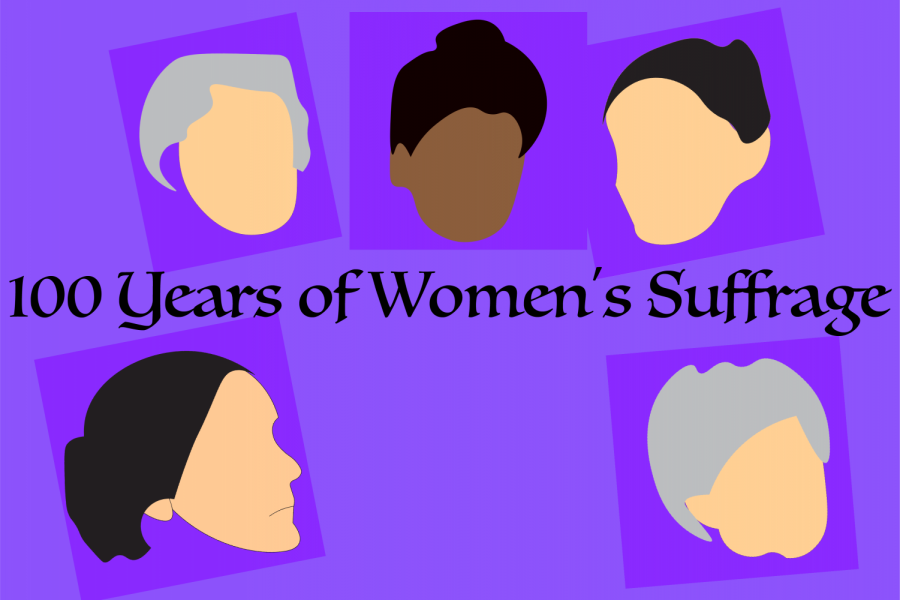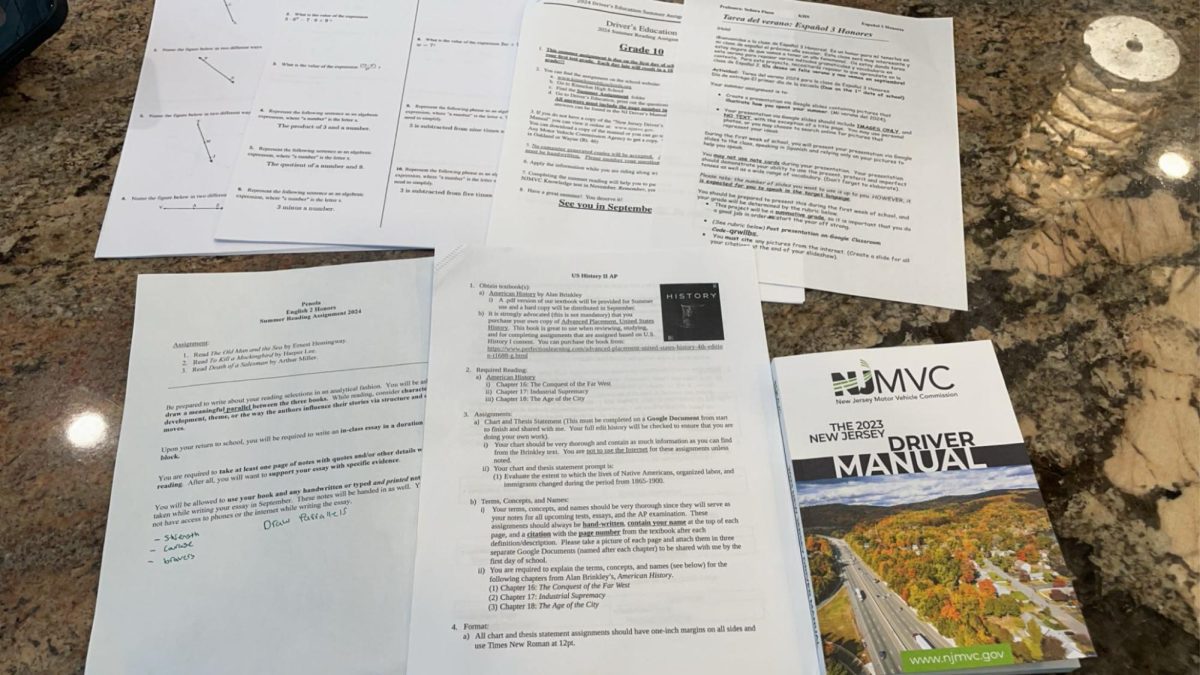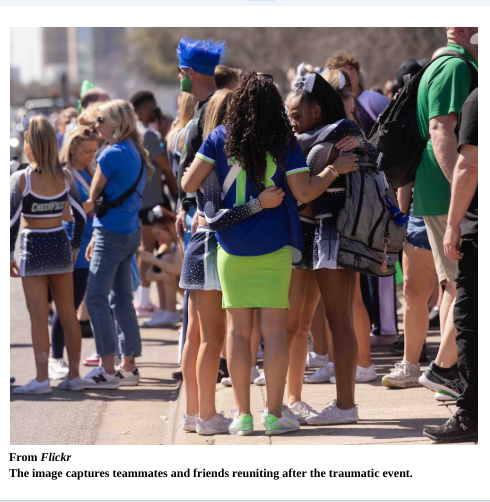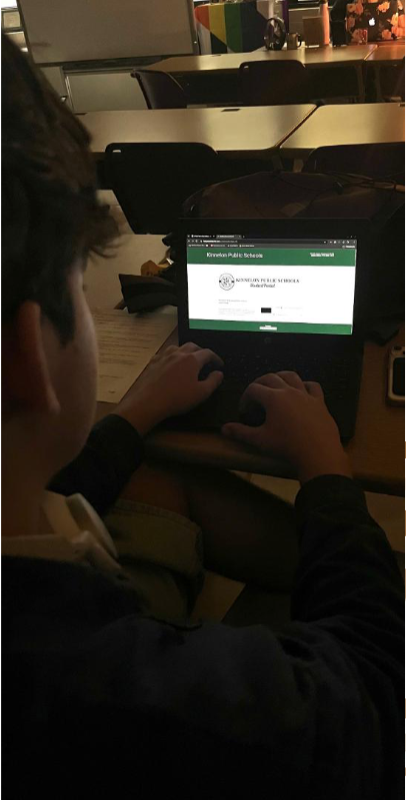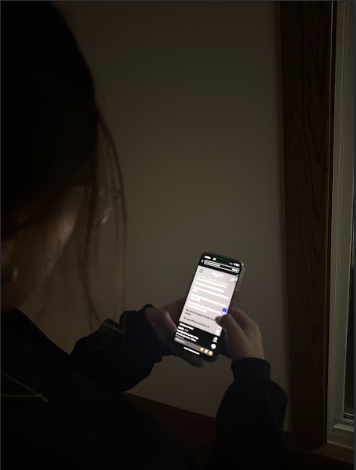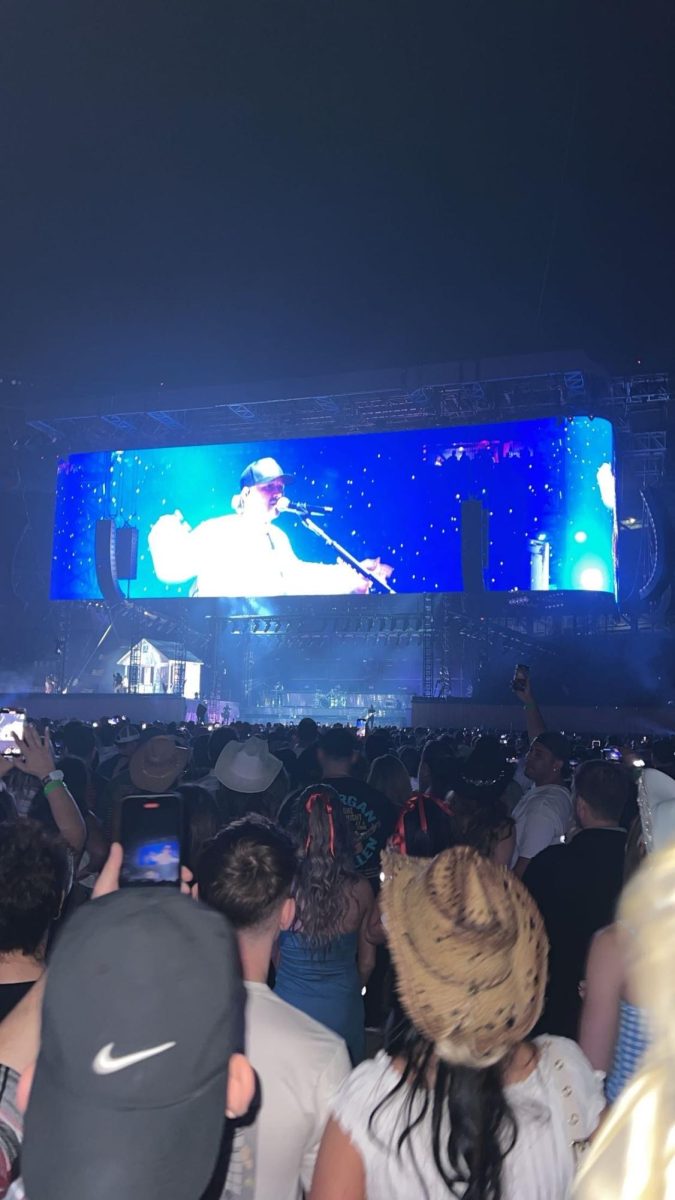On July 4, 1776, Thomas Jefferson wrote that “all Men are created equal.” However, for women, this inalienable, human right was not fully realized until 1920, when women were finally granted the right to vote through the 19th Amendment. Given this, it’s important to take a look back into history and remember the brave and persistent women who stood up for their rights and sacrificed so much so women today can enjoy the sweet taste of equality and representation.
From Susan B. Anthony to Ida B. Wells-Barnett, there have been numerous suffragettes who spearheaded and openly supported the women’s suffrage movement from 1848 (the year of the Seneca Falls Convention) to 1920 (the year the 19th Amendment was ratified).
Susan B. Anthony
One of the most visible leaders during the suffrage movement, Anthony traveled across the nation, tirelessly delivering speeches in support of women’s suffrage. Not to mention, Anthony founded many women’s organizations and initiatives, including co-founder of the National Woman Suffrage Association (NWSA) in 1869, created The Revolution, a publication that advocated for women’s rights under the American Equal Rights Association (AERA), edited three volumes of History of Woman Suffrage, and more.
“I declare to you that woman must not depend upon the protection of man, but must be taught to protect herself, and there I take my stand.”
Ida B. Wells-Barnett
While critical of the women’s suffrage movement due to their lack of advocacy for anti-lynching legislation, Wells-Barnett remained a dedicated supporter of women’s suffrage, specifically focusing on the suffrage for women of color. Furthermore, she was a founding member of the National Association of Colored Women’s Club, an organization that addressed both civil rights and women’s suffrage, and travelled around the country delivering speeches and publishing articles pertaining to lynching, civil rights, women’s suffrage, and more.
“What becomes a crime deserving capital punishment when the tables are turned is a matter of small moment when the [Afro-American] woman is the accusing party.”
Elizabeth Cady Stanton
Initiator of the Seneca Falls Convention and primary writer of the Declaration of Sentiments, Stanton was one of the original suffragettes. Along with Susan B. Anthony, Stanton co-founded the National Woman Suffrage Association (NWSA) and edited for The Revolution. Not to mention, Stanton was also part of the group that wrote The Woman’s Bible, a book that challenged the orthodoxy that women should be subservient to men.
“We hold these truths to be self-evident: that all men and women are created equal.”
Carrie Chapman Catt
Upon the resignation of Anthony from the National American Woman Suffrage Association (NAWSA), Catt was elected to succeed her in becoming the president of the organization. A strong believer in women’s suffrage, Catt campaigned across the country for the 19th Amendment, leading an “army of vote-less women” in 1919 to pressure Congress to pass the constitutional amendment that would grant and secure women’s right to vote. She took the women’s suffrage movement international when she helped establish the International Woman Suffrage Association along with a group of other suffragettes.
“The vote is the emblem of your equality, women of America, the guarantee of your liberty.”
Lucretia Mott
A successful orator, Lucretia Mott spoke out against gender inequality and deeply supported the women’s suffrage movement. Together with Stanton, Mott organized the Seneca Falls Convention, presenting the Declaration of Sentiments to the attendees. Following the Convention, Mott published Discourse of Women, a book detailing the repression of women throughout history, and remained a highly public leader within the women’s suffrage movement.
“The world has never yet seen a truly great and virtuous nation because in the degradation of woman, the very foundations of life are poisoned at their source.”
Just a mere 100 years ago, women gained the right to vote, and this election, the Election of 2020, marks this historic moment in the women’s rights movement. However, what’s interesting to note is that since the Election of 1984, women have either equaled or outnumbered the male vote, with 63 percent of eligible females stating they voted in the Election of 2016 compared to only 59 percent of eligible males stating they voted. And, according to research conducted by the Pew Research Center, this trend has been consistent throughout three to four decades worth of presidential elections. That being said, it is still vital that women continue to use their vote and their voice to preserve American democracy and correct their historical underrepresentation; after all, women now make up 51 percent of the U.S. population.
Regardless of political ideologies and leanings, the female voice is an important voice to hear, just as all other voices are. Using your vote not only pays homage to the fearless suffragettes that gave us this right today but also safeguards this sacred right for all the women to come.

